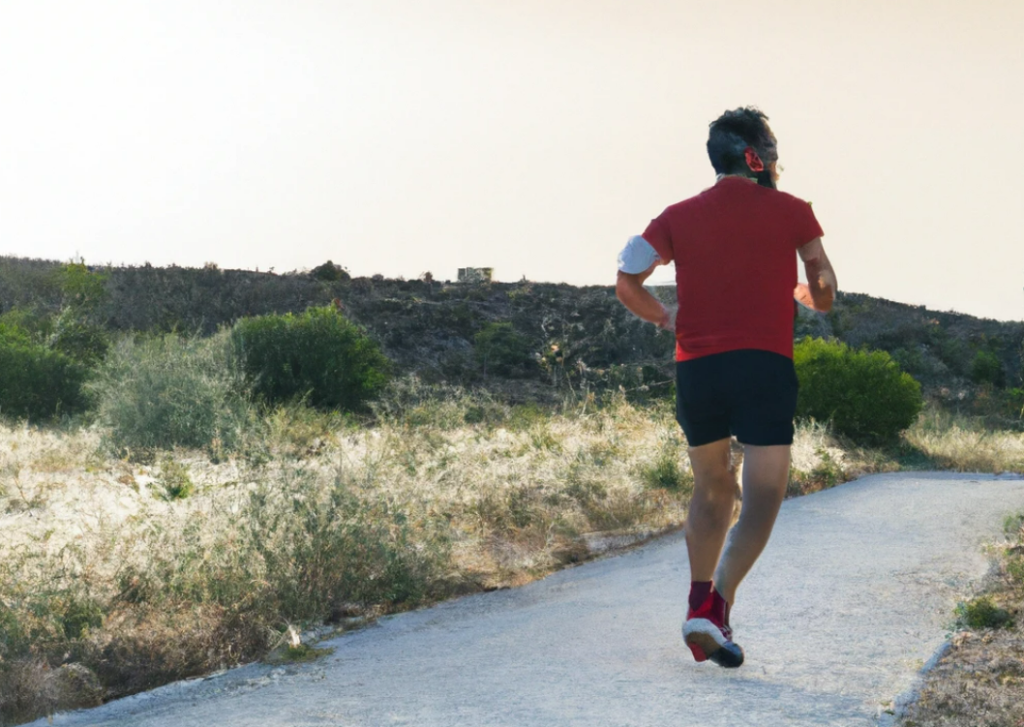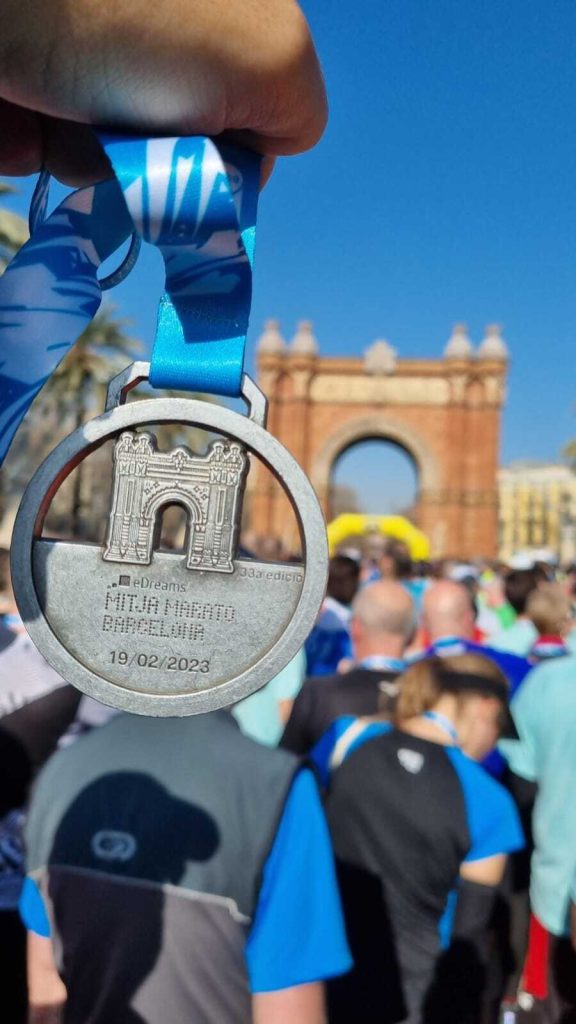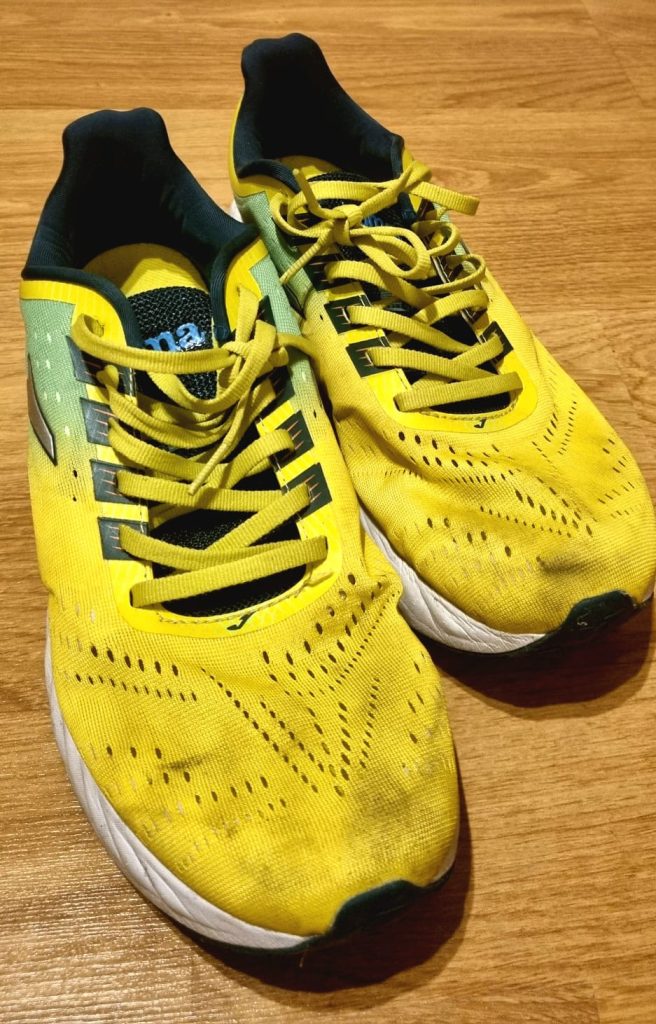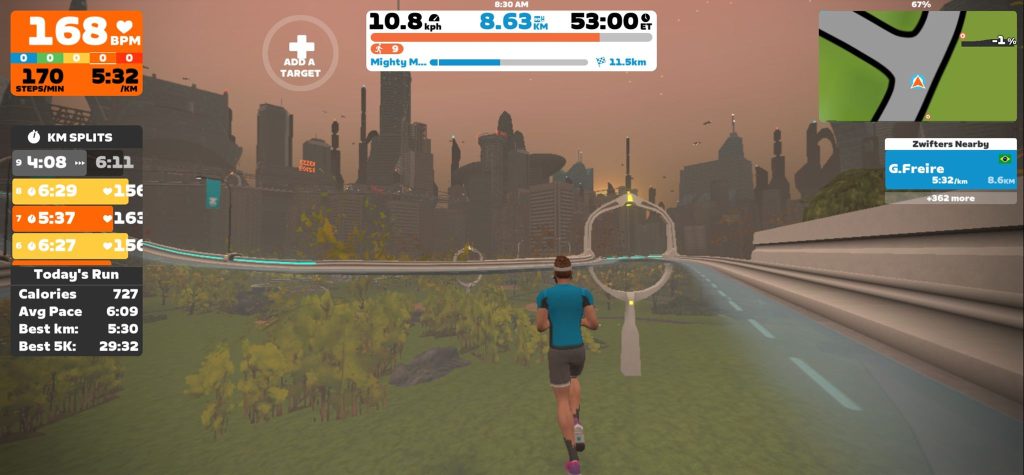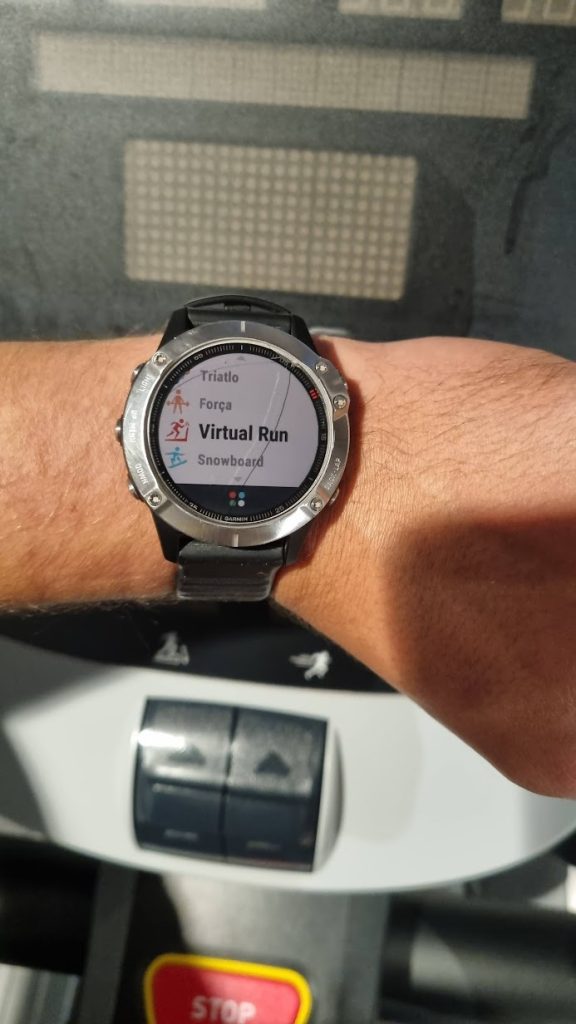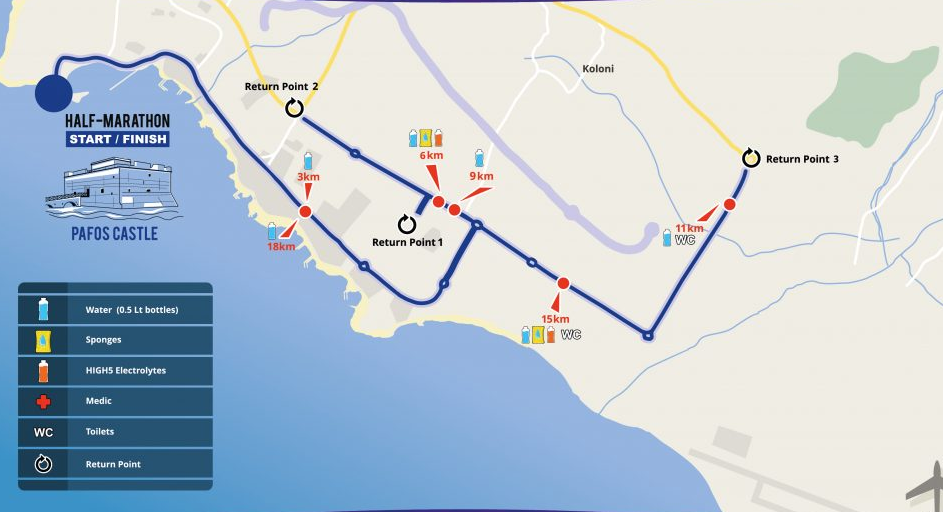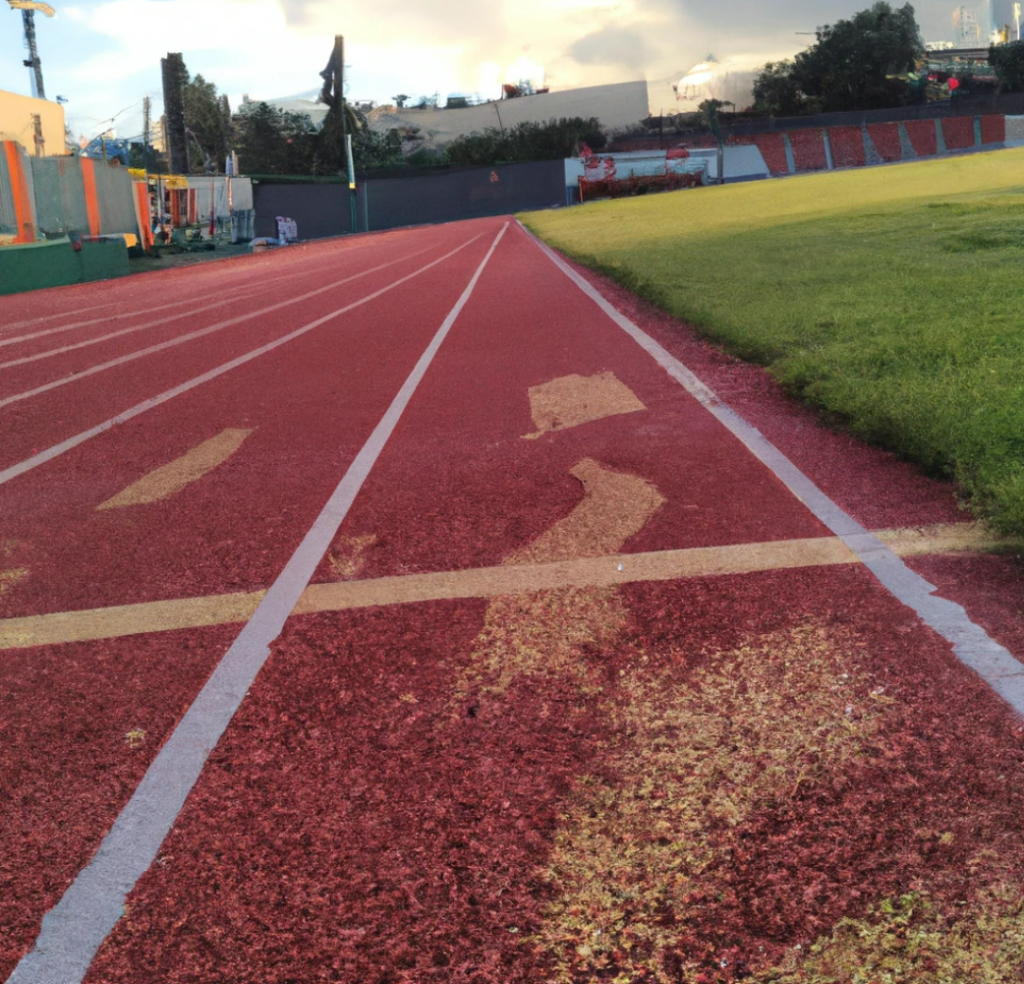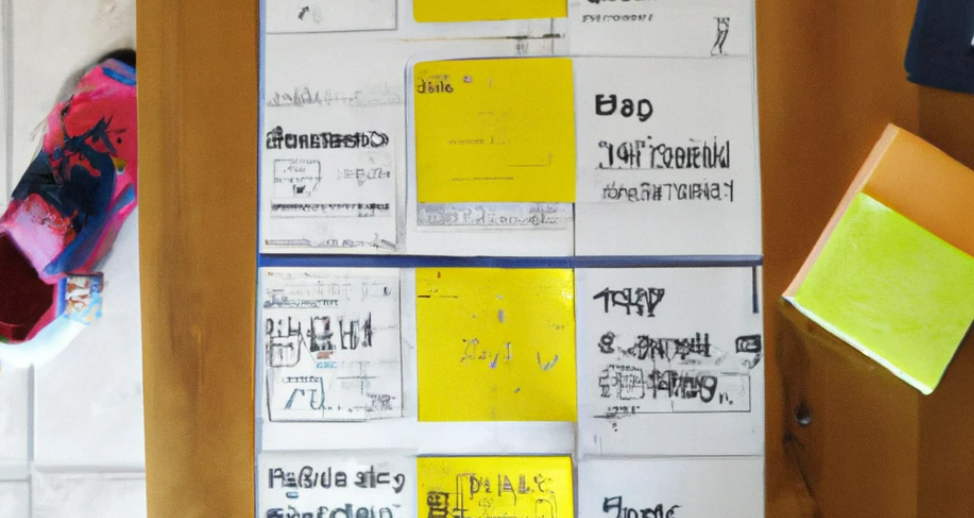Hey there, friends! Have you ever wondered what your body is truly capable of? This weekend, I embarked on a thrilling adventure that helped me understand mine a bit better. While I’m a huge fan of running, swimming, and cycling individually, I decided to take on an Olympic distance triathlon just for fun and self-discovery. It had been a while since my last triathlon, but the experience was nothing short of exhilarating. Curious about how this journey unfolded and what insights I gained? Let’s dive in! 🌊🏃♂️🚴♀️
Triathlon Training
Diving into triathlon training can feel like stepping into a whole new world, especially if you’re used to focusing on just one sport at a time. But trust me, the rewards are immense! When I decided to tackle an Olympic distance triathlon after a long hiatus, I knew it was going to be a mix of fun and self-discovery. The journey not only tested my limits but also gave me a profound appreciation for how interconnected our bodies are when it comes to endurance sports.
One of the first things I noticed was the importance of balancing training for swimming, cycling, and running. Each discipline demands different muscle groups and energy systems, which means you need a well-rounded approach to avoid burnout and injuries. For instance, incorporating varied workouts throughout the week can help you build endurance, strength, and flexibility. Here’s a quick breakdown of what my typical training week looked like:
- Swimming: Focus on technique and endurance. I did interval training in the pool twice a week, mixing longer swims with shorter, high-intensity sets.
- Cycling: Long rides on weekends to build stamina, complemented by shorter, high-intensity rides during the week.
- Running: Alternated between long, steady runs and shorter, faster-paced sessions to improve both endurance and speed.
Another key aspect of triathlon training is understanding your body’s signals. During my training, I paid close attention to how my body responded to different workouts. This awareness helped me tweak my training plan to optimize performance and minimize the risk of injury. Remember, listening to your body is crucial. If you feel unusually fatigued, it might be a sign to take a rest day or switch to a lighter workout.

Triathlon training is as much about mental toughness as it is about physical endurance. There were days when I questioned my sanity—like when I had to jump into a cold pool at 6 AM or push through a long ride with tired legs. But every challenge overcame made the race day all the more rewarding. If you’re considering taking on a triathlon, know that the journey will teach you as much about your mental resilience as it will about your physical capabilities. Happy training!
Feel your body on Triathlons
Feeling your body during a triathlon is an experience like no other. It’s a rollercoaster of sensations that makes you acutely aware of every muscle, every breath, and every heartbeat. From the cool splash of water as you dive into the swim to the rhythmic cadence of your feet hitting the pavement during the run, every moment is a testament to your physical and mental endurance. Have you ever felt that incredible rush of adrenaline when you push past your limits? That’s what triathlons are all about.
During my recent Olympic distance triathlon, I felt an intense connection with my body. The swim was a refreshing wake-up call, challenging my lungs and testing my mental focus. As I transitioned to the bike, I could feel my legs burning with every pedal stroke, reminding me of the importance of mental resilience and physical training. By the time I reached the run, my body was exhausted, but my spirit was soaring. It’s amazing how our bodies can adapt and push through fatigue, isn’t it? This journey reaffirmed my love for each discipline and highlighted the importance of listening to and respecting what our bodies tell us. If you’re looking for a way to truly understand your physical capabilities, I highly recommend giving a triathlon a try.
Optimizing Your Swim, Bike, and Run
Optimizing your swim, bike, and run in a triathlon can seem daunting, but with a few key strategies, you can make each segment of the race more efficient and enjoyable. When it comes to swimming, it’s crucial to focus on your technique. I found that cross-training in the water, as discussed in my post on swimming for runners, significantly improved my endurance and form. Incorporating drills that emphasize body position, breathing, and stroke efficiency can make a world of difference. Don’t forget to practice open water swims if your race isn’t in a pool—getting comfortable with sighting and navigating through waves can save you precious seconds.
For the biking segment, having the right gear and knowing how to use it effectively is paramount. I’ve learned that utilizing a gravel bike for cross-training can enhance your stability and strength, especially on varied terrains. Make sure your bike is properly fitted to avoid unnecessary strain and improve aerodynamics. Additionally, practice transitioning smoothly from the bike to the run. This can be a bit tricky, but with some brick workouts (where you bike and then run immediately after), your legs will adapt more quickly to the change in activity.
When it comes to running, it’s all about maintaining your form and pacing yourself. If you’re new to running or coming back after a break, check out my tips on starting running while overweight to get you on the right track. During the triathlon, your legs might feel heavy after the bike leg, so it’s important to focus on short, quick steps to maintain speed without overexerting yourself. Remember, the key is to listen to your body and adjust your pace accordingly. By optimizing each part of the triathlon, you’ll not only improve your performance but also enjoy the race more fully.
Nutrition and Recovery Strategies
When it comes to nutrition and recovery strategies in triathlon, it’s crucial to fuel your body correctly and give it the TLC it deserves post-race. After all, tackling three different sports back-to-back is no small feat! One thing I’ve found incredibly helpful is incorporating a balanced diet rich in proteins, carbs, and healthy fats. For instance, I always make sure to have a protein shake ready for post-race recovery. Whey protein, in particular, has been a game-changer for me. Not only does it help repair muscle damage, but it also aids in muscle growth, ensuring that I’m ready for my next workout sooner rather than later.
Another essential part of my nutrition strategy is incorporating superfoods like açaí into my diet. This Brazilian superfood is packed with antioxidants, which help fight inflammation and speed up recovery. Plus, it’s delicious and versatile—you can add it to smoothies, bowls, or even eat it on its own. Beyond nutrition, proper recovery also involves activities like stretching, foam rolling, and getting enough sleep. I can’t stress enough how important it is to listen to your body and give it the rest it needs. After my Olympic distance triathlon, I made sure to spend a good amount of time stretching and using a foam roller to work out any muscle knots. These small steps make a huge difference in how quickly you bounce back and how prepared you feel for your next adventure.
Triathlon: the fourth discipline
One thing that often goes unnoticed in the triathlon world is the importance of the ‘fourth discipline.’ No, it’s not some secret sport or hidden technique—it’s the mental game. Triathlons push your physical limits, but they also challenge your mental fortitude in ways you might not expect. Have you ever hit that wall during a long run or swim? Imagine that, but stretched out over three different sports back-to-back. It’s a mental marathon just as much as it is a physical one.
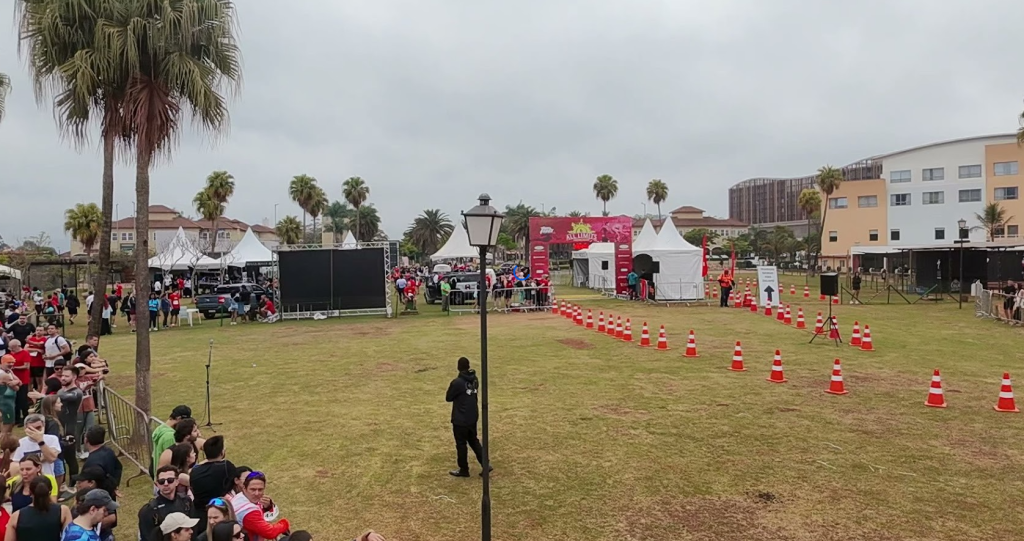
During my recent Olympic distance triathlon, I found myself constantly negotiating with my mind. At one point, my legs were screaming to stop during the bike ride, but I reminded myself of the exhilaration I felt during my last Ironman. I broke down the race into smaller, more manageable sections—just get to the next buoy, the next mile marker, the next aid station. This approach not only made the race feel less daunting but also gave me small victories to celebrate along the way. Here are a few techniques that helped me stay mentally strong:
- Visualization: Before the race, I spent some time visualizing each segment. I imagined how I would feel, the sounds I would hear, and the sights I would see. This made the actual race feel like something I had already conquered in my mind.
- Mantras: Simple phrases like ‘You’ve got this’ or ‘One step at a time’ can be incredibly powerful. Repeating these mantras helped me push through tough spots.
- Mindful Breathing: Focusing on my breath helped me stay calm and centered, especially during the swim when anxiety can easily set in.
By focusing on these mental strategies, I felt more in control and less overwhelmed by the physical demands of the race. So next time you’re gearing up for a triathlon, remember to train your mind just as rigorously as you train your body. After all, mastering the fourth discipline can make all the difference between a good race and an unforgettable one.

